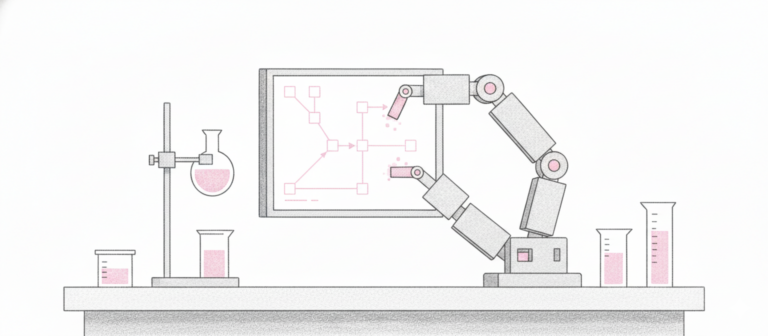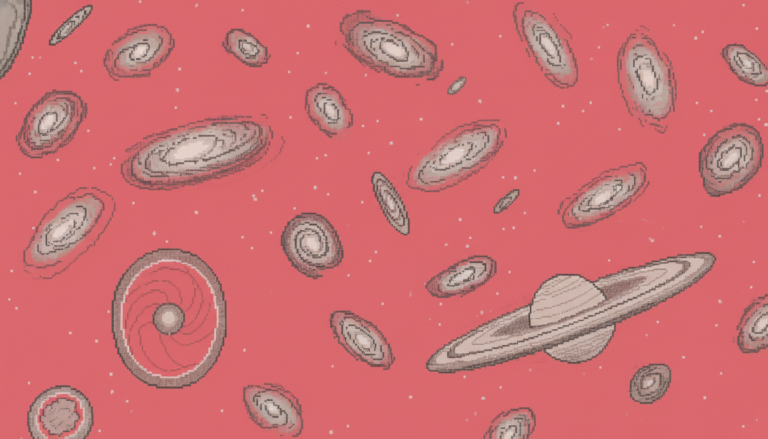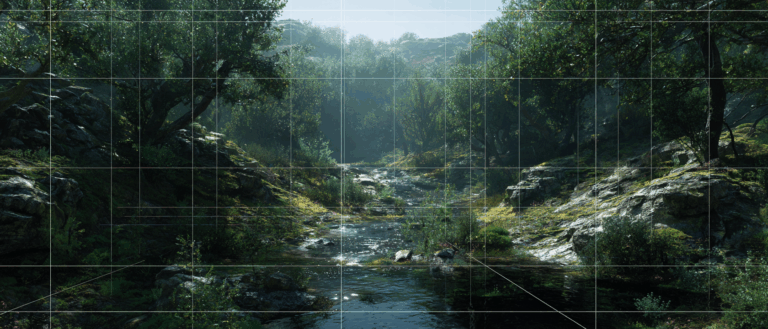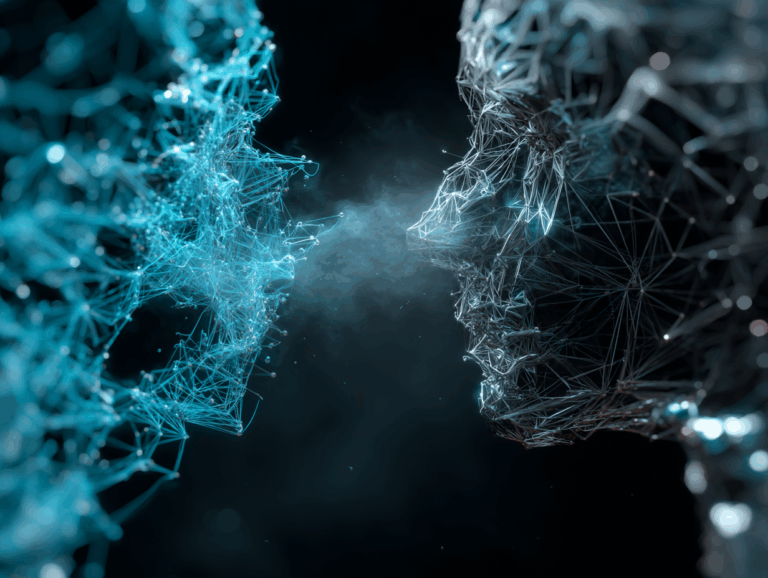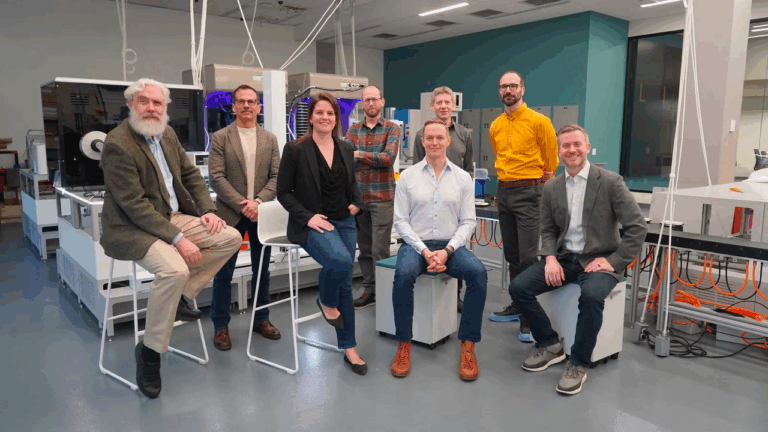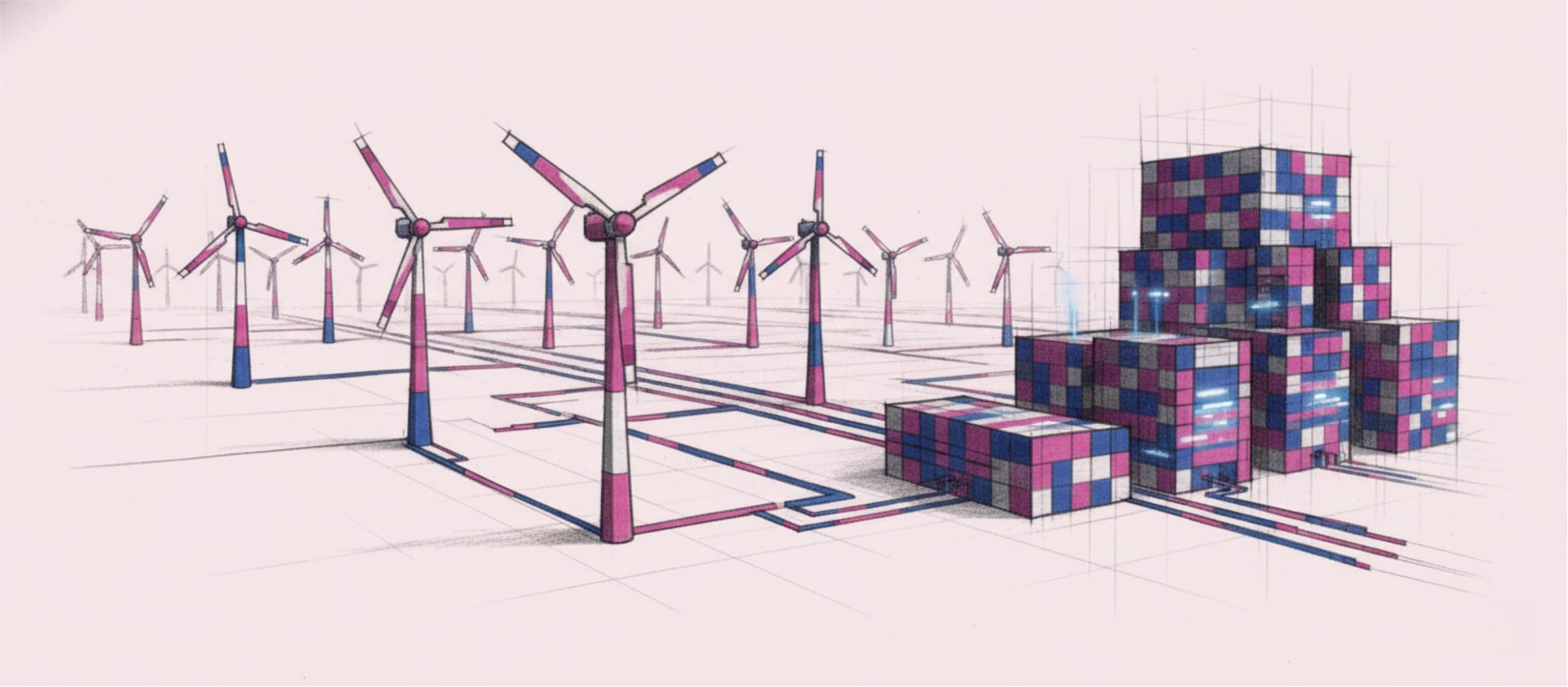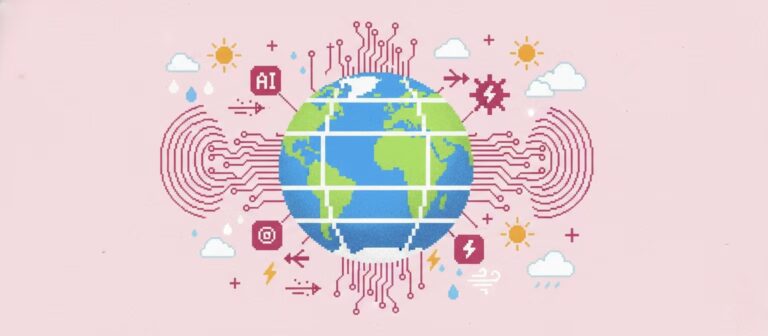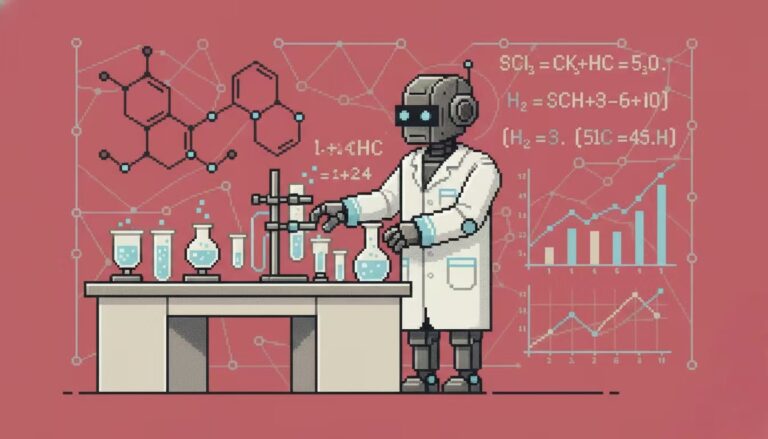Command Palette
Search for a command to run...
China: AI Writes Articles and Enjoys Copyright; EU: AI Is Not Human, Patents Are Invalid
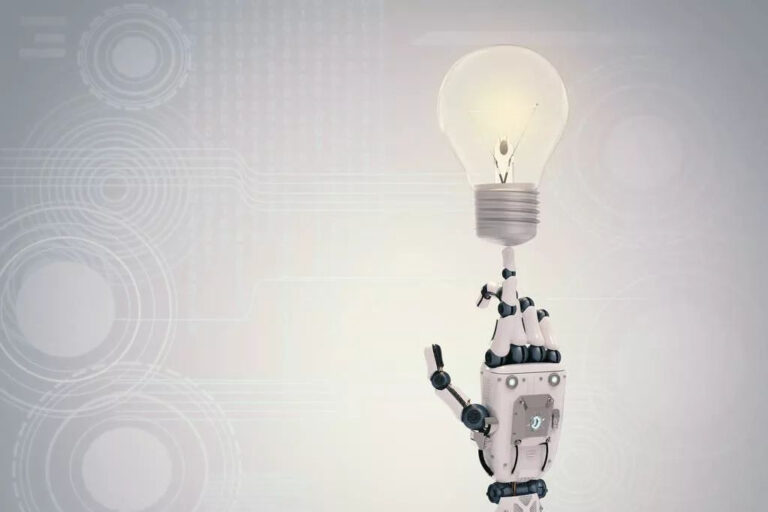
Recently, the first AI writing case was decided, and the Tencent AI writing robot that created the original manuscript was judged to have copyright. At the same time, a patent application for an AI invention system in the UK was ultimately rejected by the European Patent Office because the inventor was not human.
Who deserves the credit for the knowledge achievements produced by AI, and are they protected by law?
Some clues can be seen in two recent events: the domestic AI copyright ownership bill was finally pronounced, and a case of AI patent application occurred in Europe.
Surprisingly, these two related incidents received completely different rulings.
China: AI writing enjoys copyright
In August 2018, a financial report was published on the Tencent Securities website:"Midday Review: Shanghai Index rose slightly by 0.11% to 2671.93 points, with telecommunications operations, oil extraction and other sectors leading the gains"This is the manuscript that Tencent’s AI writing robot Dreamwriter quickly completed a few minutes after the stock market closed that day.

Dreamwriter was launched by Tencent in 2015. It can quickly analyze and complete content writing, mark it in the published articles, and indicate at the end "This article was automatically written by Tencent robot Dreamwriter."
After several years of iteration and upgrading, the efficiency and quality of AI-generated manuscripts have been outstanding. On the day this article analyzing the stock market was published, Shanghai Yingxun Technology Co., Ltd. copied the content of the article without authorization and published it on its "P2P Loan Home" website platform.

In response, Tencent believed that the other party had stolen Dreamwriter's work and infringed its copyright, so it chose to sue Yingxun Technology in court, and the Nanshan District People's Court of Shenzhen accepted the case.
After trial, the court finally ruled that the article was indeed created by AI, and the content involved was judged to be original, and AI has the copyright of the article. The defendant used its content without authorization, which is a violation.
The judgment states: "The article in question is a work of intellectual creation by a multi-team and multi-person team led by the plaintiff. It reflects the plaintiff's need and intention to publish stock review articles and is a corporate work created by the plaintiff."
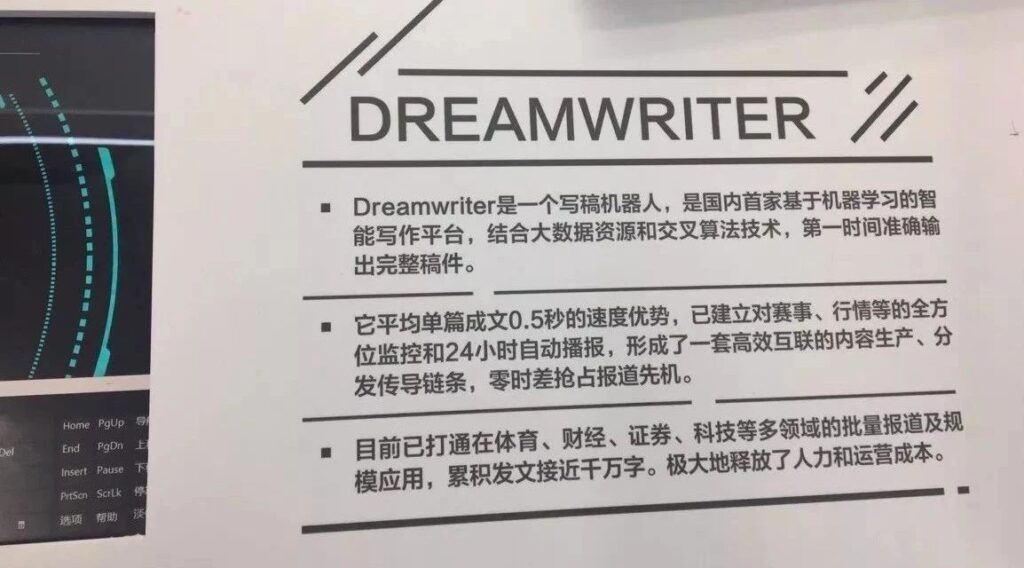
The defendant Yingxun Technology provided infringing articles on the Wangdaizhijia website without permission, infringing the plaintiff's right to disseminate information on the Internet and should bear corresponding civil liability.
In response, Yingxun Technology acknowledged the facts claimed by Tencent during the trial. And because the defendant had deleted the infringing works, the court finally ruled that the defendant should compensate the plaintiff for economic losses and reasonable rights protection costs of RMB 1,500.
At this point, the issue of copyright ownership of AI writing has been settled.
Europe: AI invention patent rejected
While domestic AI was judged to have copyright, a patent application involving AI inventions in the UK was eventually rejected by the European Patent Office.The reason is simple: because AI is not human, it cannot be granted patent licenses.
In August 2019, a group of researchers at the University of Surrey in the UK filed patent applications in Europe, the UK, and the US. Unlike usual practice, two of the inventions were the work of AI inventors.
These two inventions were created by an AI called DABUS.One is a new device for holding drinks; another is a signaling device that helps search and rescue teams find their targets.
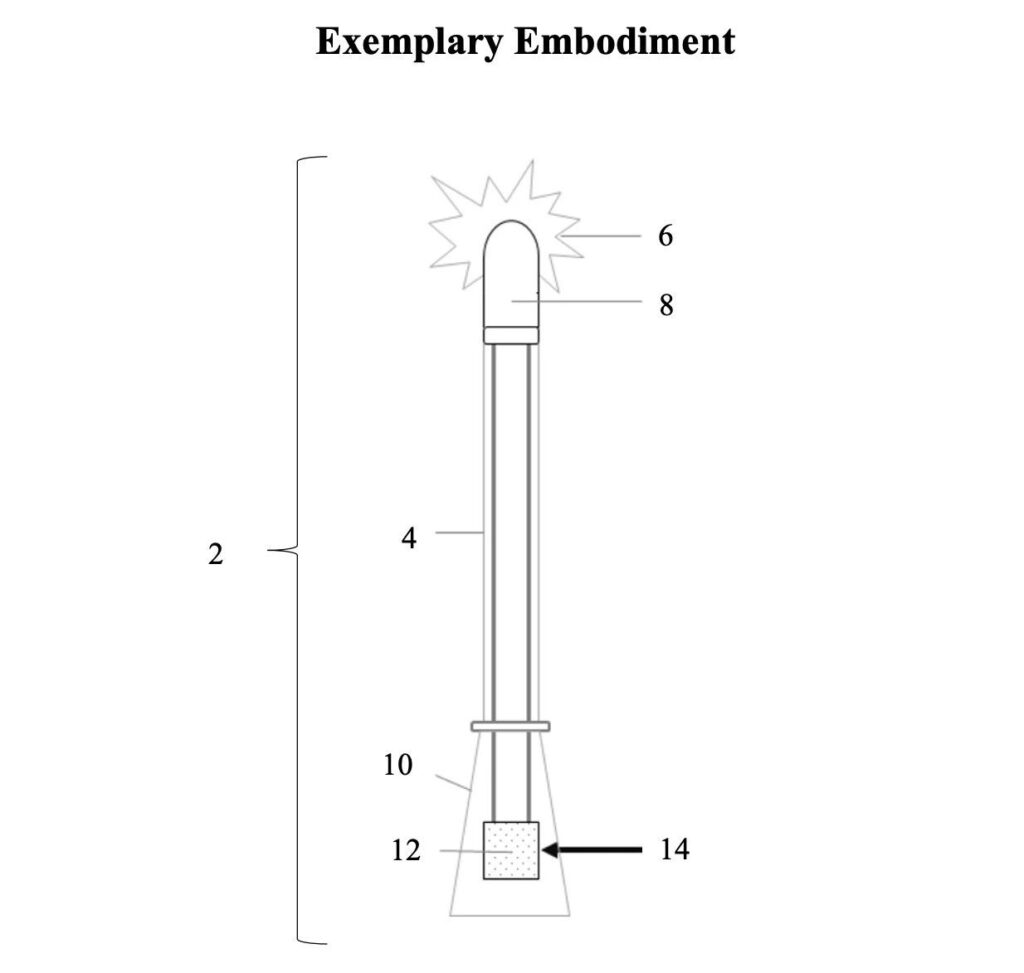
These two seemingly ingenious inventions were defeated in the final ruling by the European Patent Office.Rejected AI as the sole inventor on the patent.The reason is that it does not meet the requirement of the European Patent Organization (EPC) that the inventor named in the application must be a human being.
This move eventually caused some controversy. Ryan Abbott, a scientist involved in the DABUS study, was very dissatisfied with the result.He believes that it is inappropriate to grant inventions created by AI to any human being, and only granting them to AI is a decision that conforms to the development of the times.
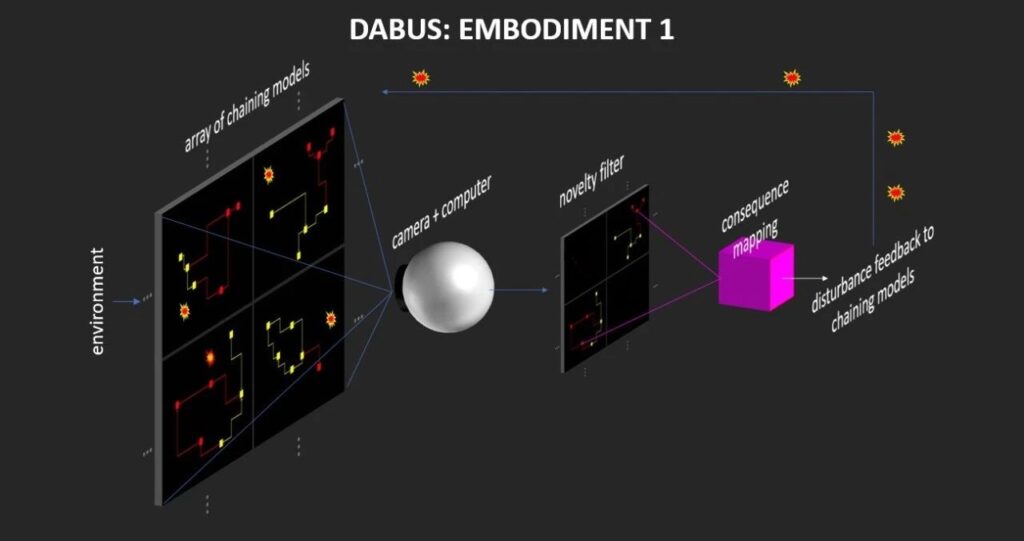
Coincidentally, the U.S. Copyright Office and the European Patent Office have similar positions and they also have strict requirements for authorship."The U.S. Copyright Office will register original works, provided that the work was created by a human being," the statement said.
And declared that "copyright law protects only the fruits of intellectual labor, which are based on the creativity of the mind."
From this, it seems that it will take some time before AI has its own invention patents.
After the controversy, the conclusion is not far away
From the poetry collection published by Microsoft XiaoIce, to the AI painting that sold at auction for $432,000, to the Huawei Yuefu AI that creates ancient poetry...we have entered the era of AI creation.
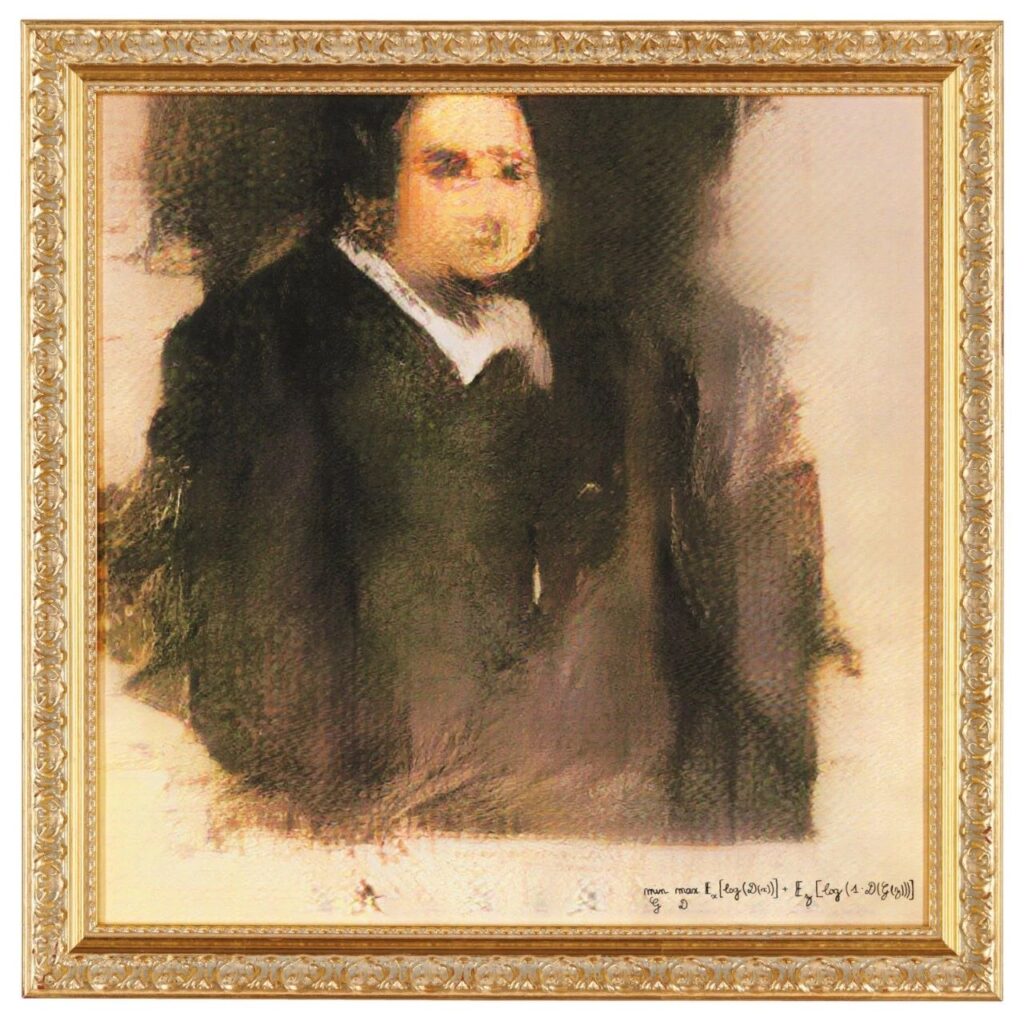
As for the determination of intellectual property rights of AI creations, different countries and regions have different legal provisions and systems, many of which are long-standing disputes.
History tells us that every major breakthrough in science and technology is accompanied by profound changes in the intellectual property industry, and even subversive adjustments.
As more and more controversies arise, the conflicts will only become more intense, but the good thing is that we will be getting closer and closer to a conclusion.
-- over--
